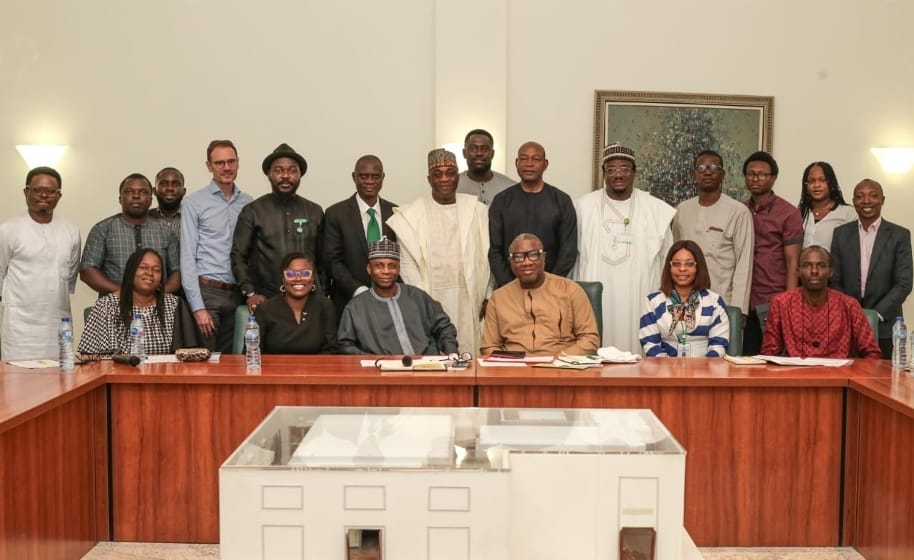The Nigeria Team Leader of International Centre for Energy, Environment and Development (ICEED), Ewah Eleri has expressed concern over the current scale of mini-grids in Nigeria.
Speaking at the just concluded high-level policy dialogue titled; Sustainability, Inclusiveness, and Governance of Mini-grids in Africa (SIGMA), Eleri pointed out that Nigeria requires at least one million five hundred new connections annually over the next decade to close the current electricity access gap.
According to him, “To meet the scale of the electricity access challenge, Nigeria needs to grow its electricity supply by seven times the current available electricity.
“In capacity terms, we need to expand our electricity supply to 42 gigawatts, almost ten times what is available today. A significant amount of this component must be represented by decentralized renewable energy options.
“It is important that we scale up the ambition for mini-grids in Nigeria to help in closing the current electricity access gap”, he concluded.
While presenting the key findings of the research project, Co-Investigator of the project in Nigeria and lecturer at the Centre for Petroleum, Energy Economics and Law at the University of Ibadan, Temilade Sesan, pointed out that Nigeria must re-evaluate the role of market forces and government in delivering electricity access through mini-grids.
According to Sesan, “Today, the technical, financial and environmental sustainability of mini-grid development in Nigeria is questionable adding that it is also uncertain that the benefits from the increasing interest in mini-grids are spread evenly, especially as it affects women.”
In his remarks, the Director, Rural Electrification Fund, Anthony Akene, underscored the significance of mini-grids in powering rural communities, particularly those situated in remote and hard-to-reach areas.




